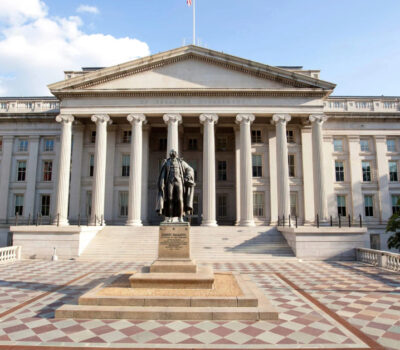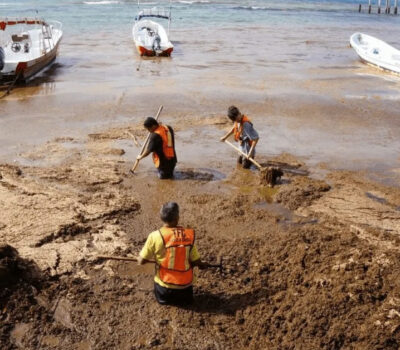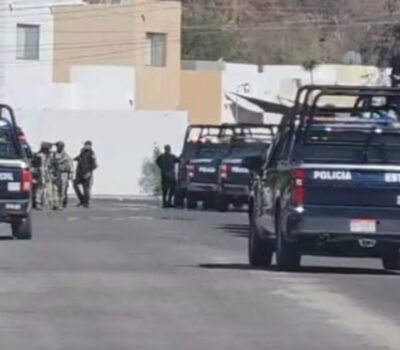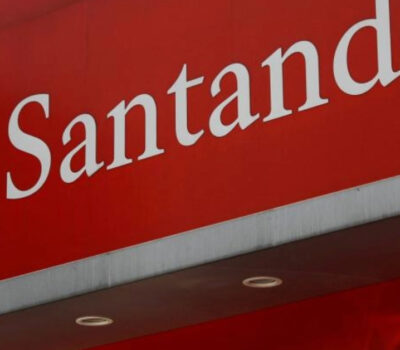Mexico’s economy, the 2nd largest in Latin America, has hit a rough patch, weighed down by dwindling business confidence and an industrial slump.
But ahead of GDP data for the second quarter due on July 31, a debate has raged over whether all that gloom adds up to a recession.
Several banks say definitely yes – an assessment that could call into question the ability of President Andres Manuel Lopez Obrador’s eight-month-old government to deliver on his promises of development and improved fortunes for the country’s poor.
“We estimate GDP will also contract in the second quarter, putting Mexico in a technical recession, two consecutive quarters of negative growth,” Bank of America Merrill Lynch said in a client note in late June.
The government strongly disagrees.
“There has been a slowdown on a global level,” said Finance Minister Arturo Herrera in his first press conference earlier this month, after his predecessor abruptly resigned.
“But we are very, very far from thinking that we are close to a recession.”
In theory, defining whether there is a recession in Mexico could decide whether policymakers need to take action.
“If the government thinks there is a danger of recession, it could implement countercyclical measures to boost the economy a bit, or the Bank of Mexico could cut the interest rate, said Marco Oviedo, head of Latin America economics research at Barclays.
While Lopez Obrador has raised eyebrows by saying “I’ve got other numbers” when presented with negative economic news, even he does not pretend Mexico is enjoying strong growth.
The split between the government and private sector economists over the “R word” appears to focus more on how to define that highly charged term than any disagreement over substantive data.
Those who are predicting recession cite the benchmark of two consecutive quarters of economic contraction – and say the preliminary GDP figures for April-June will most likely confirm that.
However, despite being commonly used by private economists around the world, not all governments use that measure. The highly respected Cambridge, Massachusetts-based U.S. National Bureau of Economic Research (NBER) for example, looks at a more open ended “significant decline in economic activity spread across the economy, lasting more than a few months.”
Likewise, a senior official at Mexico’s Finance Ministry, who asked not to be named, said for the ministry two quarters of successive contraction do not necessarily signal a recession. The ministry takes more factors into account, the official said, although it has not stated what those factors are.
Jonathan Heath, a former HSBC chief economist appointed to the central bank board by Lopez Obrador’s government has also pushed back against the “two quarters” definition, which he recently called a “rule of thumb for defining a recession” but “no guarantee.”
In a move that could make the debate less political in the future, Mexico’s statistics agency INEGI last month announced the creation of a group of experts, including Heath, who will look at the way other countries measure economic cycles.
The agency said the group would decide by next year whether Mexico should create a Business Cycle Dating Committee, after studying the experience of similar committees used by the NBER, the Euro Zone, Brazil and Canada to help identify recessions.
Regardless of what constitutes a recession, the government’s own numbers make sobering reading.
The economy shrank 0.2% in the first quarter versus the previous three month period, in seasonally-adjusted terms, and was flat in the fourth quarter of 2018.
Pollyanna De Lima, economist and author of the IHS Markit Mexico Manufacturing Purchasing Managers’ Index report MXPMIM=ECI, said that in the first quarter Mexico’s manufacturing sector was at its weakest since the series began in 2011.
Business sentiment faded “to one of the lowest levels seen in the survey history,” said De Lima.
The slowdown has matched a broader, global trend, that has caused several other Latin American economies to slash growth forecasts. The region’s largest economy, Brazil, has also been teetering on the edge of a recession. It contracted in the first quarter of the year and figures suggest it barely recovered at all in the second.
It is not uncommon for Mexico’s economy to contract in one quarter over the previous three months – it has happened five times since 2009. The global financial crisis triggered by a U.S. housing meltdown was the last time Mexico was in recession, contracting for three quarters.
But the country’s sharpest decline in industrial output in a decade, a 2.1% drop in May, made economists wonder if this time was different.
Alfonso Ramirez Cuellar, a member of Lopez Obrador’s leftist National Regeneration Movement who chairs the budget committee in the lower house of Congress, said that instead of getting hung up over whether Mexico is technically in a recession, “we have to accept that the country’s economy is weakening and work from there.”
Mexico’s commitment to a 1% primary budget surplus makes a major fiscal stimulus unlikely, although the government could tap some rainy day funds.
Lopez Obrador’s reaction to the negative data so far has been to blame critics for adhering to a “neo-liberal” mindset, He argues that by redistributing wealth better his government is able to help economic development among the poor even with lower headline growth numbers.
“That is not a particularly strong argument. If the economy contracts you have less to distribute. (I have) never seen development in an economy that shrinks,” said Goldman Sachs’ head of Latin American research Alberto Ramos.
Reporting by Anthony Esposito and Abraham Gonzalez; Additional reporting by Sharay Angulo; Editing by Christian Plumb, Frank Jack Daniel and Tom Brown
Mexico’s economy, the 2nd largest in Latin America, has hit a rough patch, weighed down by dwindling business confidence and an industrial slump.
But . . .











